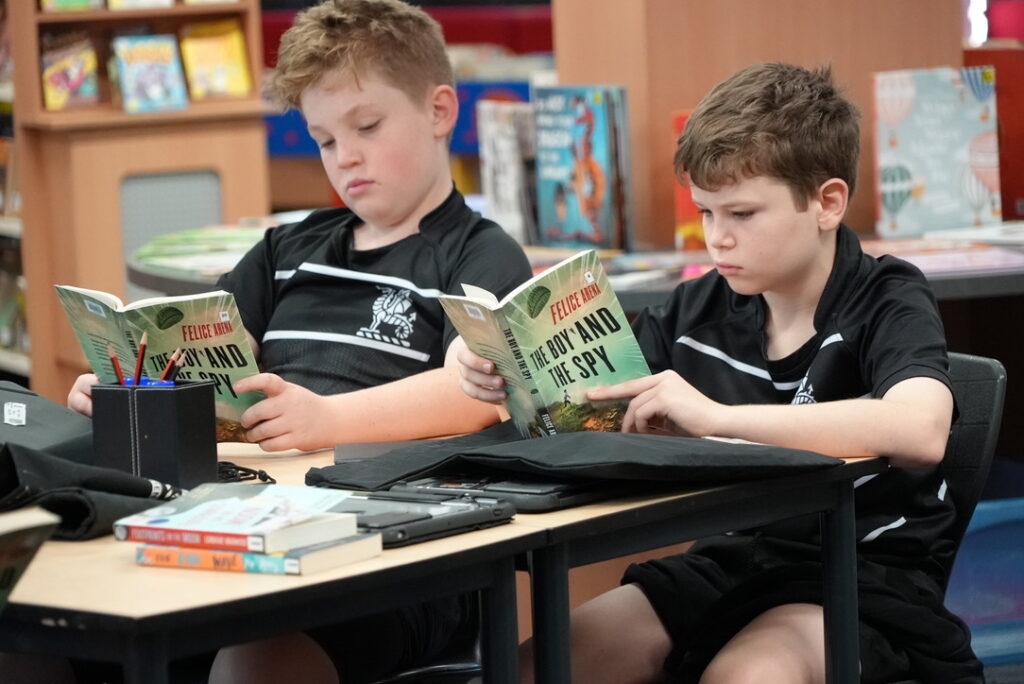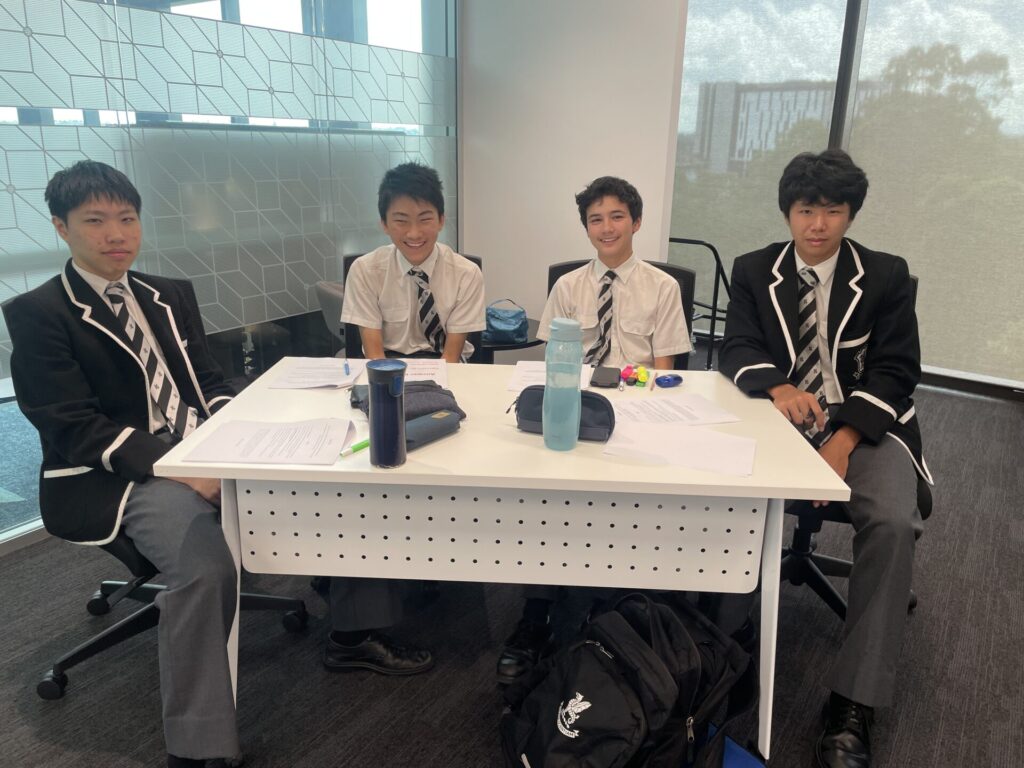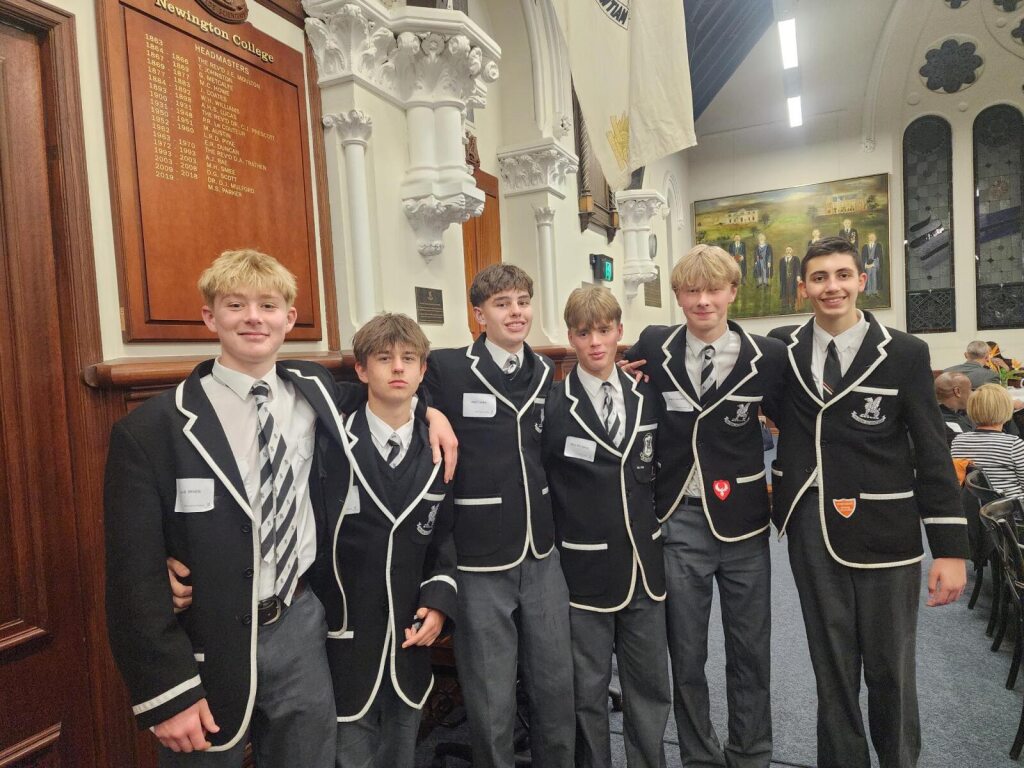Reading for Pleasure or Reading to Learn

By Dr Michael Marokakis
Director of Teaching and Learning
Recently, I revisited some research on reading cultures by Roderick McGillis, Professor of English at the University of Calgary and found the challenge he posed to teachers and parents seeking to instil the value of reading in adolescents is as alive and well as ever.
Professor McGillis’ research examined how we might ignite and maintain a love of reading in our young people after questions posed by his students of literature. Their inquiries, ‘Shouldn’t reading be for pleasure?’ and ‘Why do we have to pick everything apart?’ led to his published work and assessment, ‘reading to learn is not the same as ‘picking a book apart,’ murdering to dissect.’
This sentiment will be familiar to any English teacher because it captures the tension that exists between the reading for pleasure movement, and the value of reading argument, as it has for the past two decades.
Every teacher will likely agree that reading and being well-read is important for all young people. A life of reading, after all, is hoped to broaden children’s perspectives, and bring joy, discovery and knowledge beyond the iPhone and online world. Reading, and a wide knowledge of literature, creates empathy, and builds a desire to continue learning and become critical thinking, and feeling citizens.
…‘Shouldn’t reading be for pleasure?’ and ‘Why do we have to pick everything apart?’…
In her work, Justyna Deszcz-Tryhubczak reminds us how powerful reading can be, not just for a child’s present but also for adulthood. The phenomenon of re-memory means that the ‘lived experience of childhood reading’ is a continuum whereby ‘one may continue to respond to a text for a long time after the act of reading itself’.
In response to these curriculum pressures, and declining reading rates in children across the western world, the reading for pleasure movement emerged, leading the view children and adolescents should be encouraged to read for pleasure by allowing them autonomy over their reading choices in the classroom, and out. However, alongside this desire to read what is familiar, exists the necessity and challenges of a classroom English curriculum. Often crowded, prescriptive, outcomes driven and determined by high stakes and standardised assessment.
In her findings, Deszcz-Tryhubczak surveyed European education systems and the degree to which each country has a “centralised and fixed school canon” in the primary years. She notes Poland and Hungary offer little-to-no text choice while in Belgium, the Czech Republic, Germany, France, Italy, the Netherlands, Norway, Spain, Sweden, and the UK there is much greater flexibility and choice. In these countries, reading for pleasure is seen as both an aspirational goal and guiding principle to encourage children at home, and students at school to become, and remain, intrinsically interested in reading.
Writer and senior English lecturer at the University of York, Dr Clementine Beauvais says this movement grew as an antidote to reductive and deconstructive critique in the English lesson classroom, which was seen to have killed the joy in reading.
The Reading for Pleasure movement remains a core teaching priority in the UK and recognised as imperative to keeping students engaged and reading during the COVID-19 pandemic lockdown.

However, Dr Beauvais describes this approach as being an unmediated encouragement of reading anything, as long as they are reading (IRSCL 2021 keynote). In discussion, she explained that the problem with the movement is how it has positioned itself as ‘uncritiquable’ even though it emerged out of misreading reader-response theory as the idea that ‘any interpretation goes.’She argues that the reading for pleasure ‘as long as they are reading’ practice is in actuality dissuading children from reading something new, and leads to the sustained reading of single types of narratives.
Literary theorist, Roland Barthes theorised this in the 1970s, arguing that pleasure is characterised by seeing ourselves in it, where we find comfort, and it is familiarising (1973). If pleasure is found in the comfortable and the known, is there a passivity in reading for pleasure and does it limit what we presume we would enjoy? Are we missing the thrill of the unknown, the challenge, the different, the unexpected and the new?
As English educators, should we just expect students to go beyond their familiar, or to know what even is beyond that familiar? Even recommendations based on previous literature they have enjoyed, such as they frequent ‘if-you-liked-this-then-you-should-read’ suggestion, is a mediated discourse with an arguably narrowing effect on what young people are reading. Reading texts of different styles, narratorial structures, perspectives, contexts and strategies can lead to a pleasure we might not have anticipated. Such as feeling betrayed by an unreliable narrator, for example, or the satisfaction that comes from a cyclical narrative finally joining threads together.
As Newington Director of Teaching and Learning, former Head of English, and an author of literary criticism about adolescent literature, I am cognisant there is joy and pleasure, though perhaps not always comfort or familiarity, in reading literature that makes us think.
When we are given opportunities to ‘read to learn’ rather than ‘learn to read’, as Professor McGillis puts it, ‘we are open to possibility. We do not close off inquiry; rather we enter an exploration of a discourse fully aware that this exploration has no end.’
While well intentioned, has the call to read for pleasure, which is underpinned by familiarity, had the opposite effect by denying young and adolescent readers the thrill of curiosity, the new and the unexpected?
It is a provocative thought, but one worth asking ourselves as teachers, parents and carers as we begin a new year and wonder why our children and students haven’t picked up a book over the summer holidays or we hope that this year they might be inspired to start reading again.
Looking for reading recommendations for your children?
The below websites might help but remember school libraries and librarians are wonderful resources run by humans who are fonts of knowledge and always on hand to help in the flesh.



